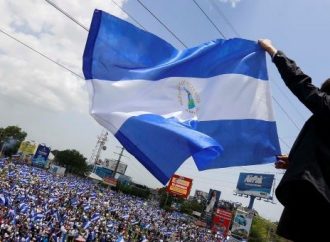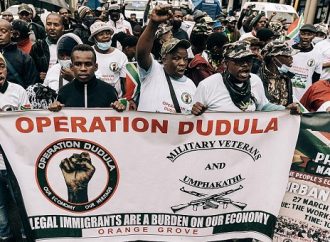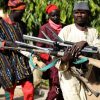On Thursday in a statement by Mansir Nasir, who happens to be the Senior External Affairs Officer for Nigeria, disclosed that, the World Bank has approved a $700 million credit from the International Development Association (IDA) for the Nigeria Agro-Climatic Resilience in Semi-Arid Landscapes (ACReSAL) Project. Nigerian agro-climate project. According to World Bank, “the project
On Thursday in a statement by Mansir Nasir, who happens to be the Senior External Affairs Officer for Nigeria, disclosed that, the World Bank has approved a $700 million credit from the International Development Association (IDA) for the Nigeria Agro-Climatic Resilience in Semi-Arid Landscapes (ACReSAL) Project.
Nigerian agro-climate project.
According to World Bank, “the project will help increase the implementation of sustainable landscape management practices in Northern Nigeria and strengthen the country’s long-term enabling environment for integrated climate-resilient landscape management”.
The Bank further said, “that the productivity of major crops in Nigeria has been steadily declining over the past two decades, in part due to climate change”. “It added that persistent water shortages, especially in the extreme north, continue to exacerbate land degradation, desertification, and habitat loss”.
Shubham Chaudhuri, the World Bank Country Director for Nigeria, also said, “Nigeria is faced with water scarcity and droughts which occur every five years, on average, with the potential to increase in frequency due to climate change.
“This scenario not only threatens food security, livelihoods, and productivity, but also exacerbates fragility and increases the risk of violence. With communities and households that are most dependent on natural resources for their survival and vulnerable to desertification, this intervention will improve multi-sectoral watershed planning and investments to help about 3.4 million direct beneficiaries adapt to evolving dryland conditions.”
Joy Iganya Agene, who happens to be the Task Team Leader, ACReSAL, World Bank, further stressed on the project, she said, “The project will specifically target the inclusion of vulnerable and marginalized groups, including women, youth, the elderly, persons with disabilities, internally displaced people, and ethnic and religious minorities using an integrated watershed approach across sectors and levels of governance”.


















Leave a Comment
Your email address will not be published. Required fields are marked with *